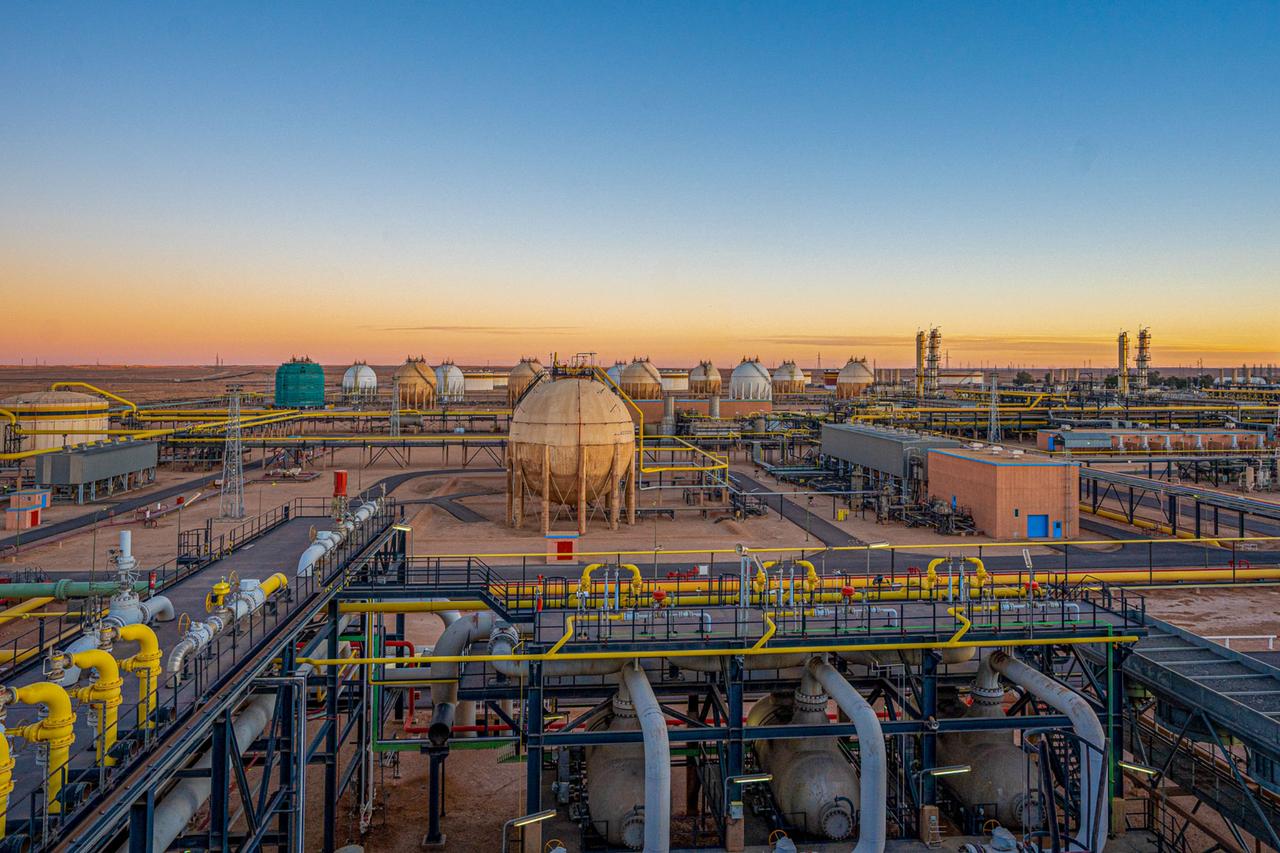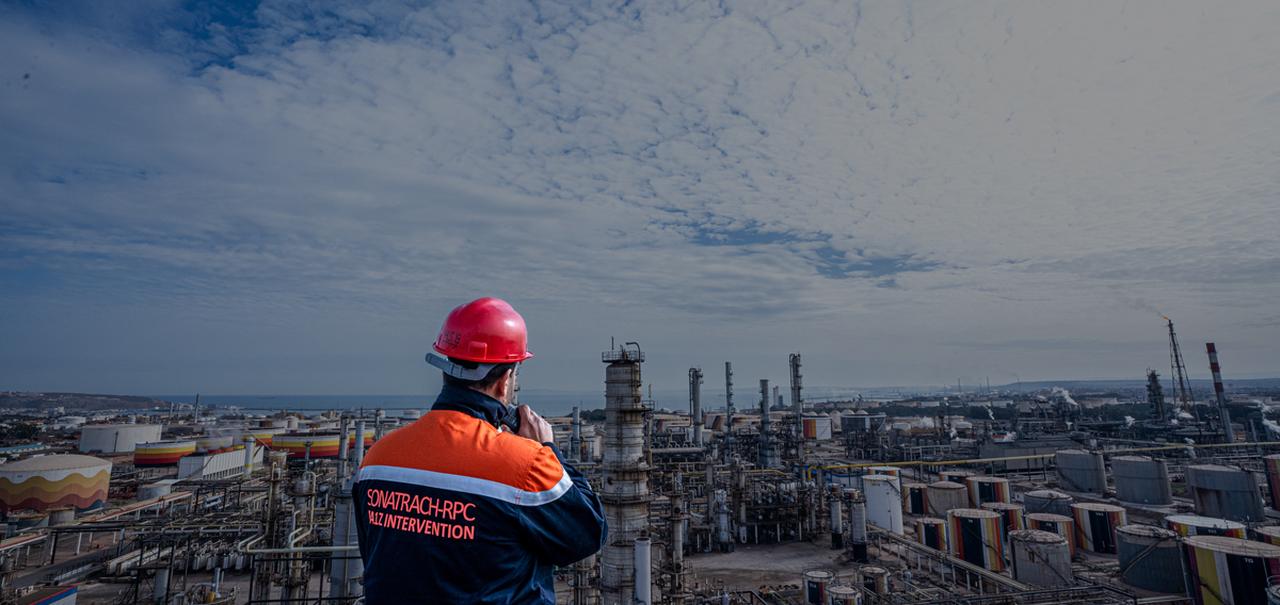
Algeria will invest $60 billion between 2025 and 2029 to expand its oil, gas, and hydrogen sectors as part of a broad strategy to strengthen energy output and diversify its resources, Energy and Mines Minister Mohamed Arkab announced on Monday.
Speaking at an energy forum in Algiers, Arkab said that 80% of the total investment will be directed toward upstream activities.
These include exploration and the development of new oil and gas reserves, areas seen as essential to sustain Algeria’s export capacity.
The remaining 20% will be allocated to refining and petrochemical projects, aiming to boost processing capabilities and reduce reliance on imported refined products.
Arkab underlined Algeria’s gradual shift toward cleaner energy while stressing that natural gas will remain central to its resource mix.
He said the government has already launched projects to generate 3,200 megawatts of renewable energy as part of a wider diversification plan.
"We are committed to the energy transition without abandoning gas as a natural resource," Arkab stated, noting that natural gas is both a domestic necessity and a major export commodity.
In line with international commitments, Algeria is also working to reduce the environmental footprint of its hydrocarbon sector.
State-owned company Sonatrach is targeting a reduction of gas flaring—the practice of burning off excess natural gas released during oil production—to below 1% by 2030.
The target will be supported by an afforestation project covering 520,000 hectares, intended to help offset emissions.

According to the International Energy Agency (IEA), Algeria exported 3.79 million terajoules (TJ) of energy in 2023, making it the largest energy exporter on the African continent.
For comparison, one terajoule equals roughly 278,000 kilowatt hours, enough to power about 25 average households for a year.
The country is also ranked among the top global holders of fossil fuel reserves.
Proven reserves stand at 12.1 billion barrels of oil, placing Algeria 15th worldwide, while its natural gas reserves are estimated at 4.5 trillion cubic meters, ranking 11th globally.
These reserves make Algeria a key supplier to European markets, particularly as Europe seeks to diversify away from Russian gas, with exports reaching 39.2 billion cubic meters in 2024, the EU’s third-largest source.